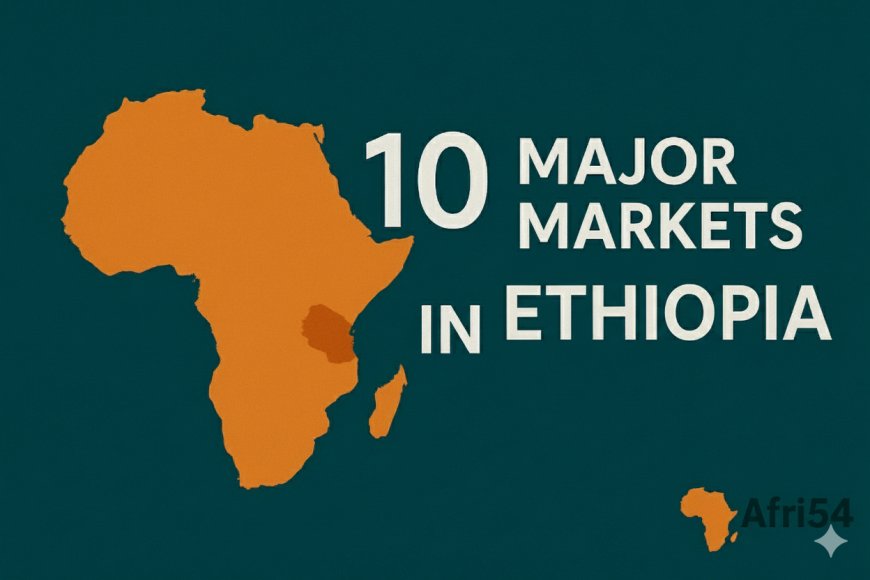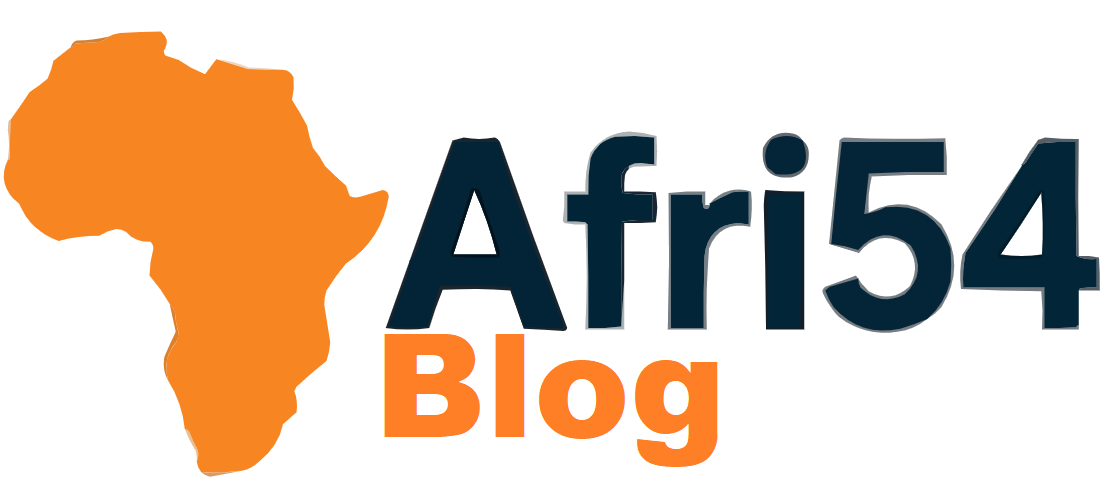10 Major Markets in Ethiopia: A Journey Through Land and Legacy
Explore the 10 major markets in Ethiopia, from the sprawling Merkato in Addis Ababa to the unique regional hubs of Harar and Lalibela. Discover ancient trade traditions, vibrant local life, and an incredible array of goods in these essential Ethiopian destinations.

Ethiopia, a nation with a history as ancient as its mountains and a culture as rich as its coffee, is home to some of Africa’s most vibrant and captivating markets. These markets are far more than just commercial spaces; they are the beating heart of communities, a living testament to the country's enduring trade traditions, and a sensory feast for anyone who walks through their bustling aisles. From the chaotic energy of the capital to the regional hubs connecting rural and urban life, Ethiopian markets offer a profound glimpse into the daily rhythms of the nation.
In these dynamic centers, the air is thick with the scent of spices, roasted coffee, and the chatter of bargaining. They are where age-old customs of trade meet the demands of a modern population, and where you can find everything from intricate handicrafts and traditional garments to fresh produce and essential goods. Exploring an Ethiopian market is an immersive experience, a journey into the soul of the country.
Let's explore 10 of the major markets that play a significant role in the commercial landscape and daily lives across Ethiopia:
1. Merkato (Addis Ababa)
As the largest open-air market in Africa, Addis Ababa's Merkato is a city within a city. It is a dizzying labyrinth of goods, noise, and people, where an astonishing variety of products are bought and sold. Merkato is particularly famous for its recycling section, where resourceful artisans create new products from scrap metal and discarded materials. From spices and coffee beans to textiles and electronics, you can find anything here, provided you are ready to navigate its immense scale.
2. Shola Market (Addis Ababa)
Often considered a more manageable alternative to Merkato, Shola is one of the capital's largest local markets. It is especially well-known for its wide selection of fresh produce, grains, and traditional Ethiopian spices. It offers a genuine local shopping experience with a slightly less overwhelming atmosphere, making it a favorite for residents and visitors alike who want to explore without the intense crowds of Merkato.
3. Shiromeda Market (Addis Ababa)
Situated near the Entoto Mountains, Shiromeda is the go-to destination for traditional Ethiopian clothing and textiles. This market is a kaleidoscope of color, with stalls selling the famous habesha kemis (traditional dresses), hand-woven shawls, and intricate embroidery. It is a central hub for artisans and a must-visit for anyone seeking to purchase high-quality, authentic Ethiopian fabrics.
4. Harar Market (Harar)
In the historic walled city of Harar, a UNESCO World Heritage site, the market is a vibrant reflection of the region's diverse Muslim and Christian communities. Known for its trade in coffee, spices, and the mild stimulant leaf, khat, the Harar market is a sensory experience. The "Hyena Man" spectacle nearby also adds a unique cultural dimension to the area.
5. Dire Dawa Market (Dire Dawa)
Located in the country's second-largest city and a major trade center, the Dire Dawa market is a vital hub connecting Ethiopia with Djibouti and other regional partners. Its market is known for a wide variety of goods, including imported products and agricultural commodities. The daily rhythm here is a testament to its role as a key commercial gateway.
6. Gonder Market (Gonder)
Gonder, the historic capital, has a significant market that serves as a regional center for the Amhara people. The market is particularly known for its agricultural products, spices, and a range of goods that cater to the local population. It’s a great place to find traditional crafts and immerse yourself in the local way of life.
7. Lalibela Saturday Market (Lalibela)
While Lalibela is famous for its rock-hewn churches, its Saturday market is a major cultural event. On this day, farmers and traders from the surrounding highlands descend upon the town, creating a bustling hub for livestock, produce, and household goods. It offers a rare glimpse into the rural economy and is a highlight for many visitors.
8. Jinka Market (Omo Valley)
The markets in the Omo Valley are some of the most unique in Ethiopia. The Jinka Market, held on Thursdays and Saturdays, is a fascinating cross-section of cultures, as members of various local tribes, including the Banna, Ari, and Tsemay, come to trade. It is a key place to see diverse traditional attire and to trade goods in a truly authentic setting.
9. Bahir Dar Market (Bahir Dar)
Situated on the shores of Lake Tana, Bahir Dar’s market is influenced by both its agricultural surroundings and its proximity to the lake. The market is a key source for fresh produce, fish, and a variety of goods. It provides a more relaxed atmosphere than the markets of Addis Ababa, reflecting the city's scenic and serene character.
10. Konso Market (Konso)
The Konso market, held on Mondays and Thursdays, is a major trading center for this unique, UNESCO-listed cultural landscape. The market is known for its agricultural produce, grains, and the beautiful stone-walled terraces that define the region. It is a vital link for the local community, preserving a way of life that has existed for centuries.
Have you listed your business on Afri54?
Afri54 exists to solve a fundamental challenge faced by millions of African businesses: lack of visibility. Whether you're an automobile part seller in Lagos, a local attire manufacturer in Kigali, a coffee exporter in Addis Ababa, or a mobile phone supplier in Accra, you deserve to be seen. Join now























